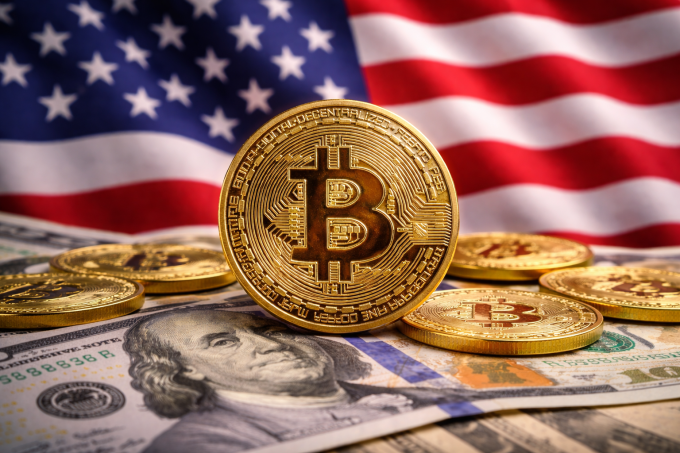Asia’s major economies are intensifying efforts around stablecoins, signaling growing interest in digital currencies and central bank–backed alternatives. Japan, China, and Hong Kong are taking distinct yet complementary approaches to integrate blockchain-based payments into their financial ecosystems.
Japan Expands Regulatory Sandbox
Japan’s Financial Services Agency (FSA) is actively expanding its regulatory sandbox to support stablecoin innovation. The initiative allows fintech firms and banks to pilot digital yen–pegged tokens and other stablecoin projects under monitored conditions. Experts note that Japan’s approach prioritizes compliance, consumer protection, and interoperability with existing financial infrastructure, positioning the country as a stablecoin-friendly hub in Asia.
China Eyes Yuan-Backed Stablecoins
China is reportedly moving closer to formalizing yuan-backed stablecoins, a major pivot after years of crypto restrictions. By linking stablecoins to the renminbi, Beijing aims to strengthen the yuan’s role in international trade while maintaining tight regulatory oversight. Analysts suggest this could create an alternative to U.S. dollar–pegged stablecoins, potentially reshaping cross-border payment dynamics and digital asset adoption.
Hong Kong Targets Institutional Adoption
Hong Kong is also ramping up its stablecoin efforts, focusing on institutional investors and corporate treasuries. The Hong Kong Monetary Authority (HKMA) is exploring frameworks for wholesale and retail digital tokens, aiming to enhance cross-border payments, liquidity management, and settlement efficiency. By targeting banks, asset managers, and fintech companies, Hong Kong seeks to establish a secure and scalable ecosystem for digital currency use.
Implications for the Global Stablecoin Market
The combined moves by Japan, China, and Hong Kong reflect Asia’s increasing influence in the digital currency landscape:
-
Competition with dollar-pegged stablecoins may intensify as Asian economies launch yuan- and yen-backed tokens.
-
Cross-border payments could become faster, cheaper, and more transparent, especially for trade within Asia-Pacific.
-
Institutional adoption of stablecoins is likely to accelerate, bridging traditional finance with decentralized financial networks.
Closing Insights
Stablecoins are evolving from experimental tools into mainstream financial instruments. For investors and corporates, these initiatives highlight the importance of monitoring regulatory frameworks, cross-border integration, and currency backing. In the next few years, the Asia-Pacific region may become a global leader in digital payments, blockchain-based finance, and stablecoin innovation, creating new opportunities for efficiency and capital flows.
Comparison, examination, and analysis between investment houses
Leave your details, and an expert from our team will get back to you as soon as possible













https://shorturl.fm/j4Nh6